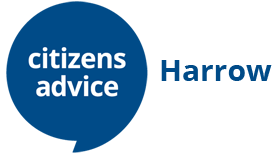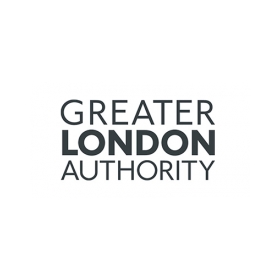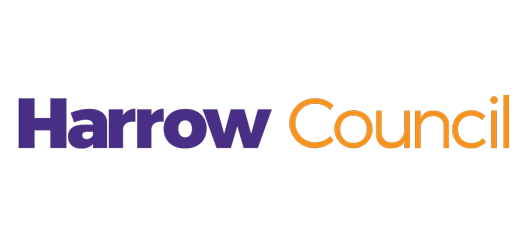
Scams Awareness is an annual campaign aiming to:
- Give people skills to identify scams
- Encourage people to share their experiences
- Help people gain the confidence to report scams
Recognising a scam
It might be a scam if:
- it seems too good to be true – for example, a holiday that’s much cheaper than you’d expect
- someone you don’t know contacts you unexpectedly
- you suspect you’re not dealing with a real company – for example, if there’s no postal address
- you’ve been asked to transfer money quickly
- you’ve been asked to pay in an unusual way – for example, by iTunes vouchers or through a transfer service like MoneyGram or Western Union
- you’ve been asked to give away personal information like passwords or PINs
- you haven’t had written confirmation of what’s been agreed
If you think you’ve paid too much for something
Paying more for something than you think it’s worth isn’t the same as being scammed. Usually, a scam will involve theft or fraud.
You have other rights if you think you’ve overpaid.
If you think you’ve spotted a scam
If you’ve given away money or information because of a scam, there are things you should do. Check what to do if you’ve been scammed.
If you haven’t been scammed but you’ve seen something you think is a scam, you should report it. Find out how to report a scam.
If you think someone is calling to trick you into giving them money or your personal details, hang up and call 159. This is a secure service that connects you directly with your bank.
Calls to 159 are usually charged at the national rate – it depends on your provider.
Check if your bank uses 159 on the Stop Scams UK website.
Protecting yourself online
There are things you can do to protect yourself from being scammed online.
Check the signs of fake online shops
You can search for a company’s details on GOV.UK. This will tell you if they’re a registered company or not.
If you’re buying something on a site you haven’t used before, spend a few minutes checking it – start by finding its terms and conditions. The company’s address should have a street name, not just a post office box.
Check to see what people have said about the company. It’s worth looking for reviews on different websites – don’t rely on reviews the company has put on its own website.
Also, don’t rely on seeing a padlock in the address bar of your browser – this doesn’t guarantee you’re buying from a real company.
Don’t click on or download anything you don’t trust
Don’t click on or download anything you don’t trust – for example, if you get an email from a company with a strange email address. Doing this could infect your computer with a virus.
Make sure your antivirus software is up to date to give you more protection.
Be careful about giving personal information away
Some scammers try to get your personal information – for example, the name of your primary school or your National Insurance number. They can use this information to hack your accounts. If you come across sites that ask for this type of information without an obvious reason, check they’re legitimate.
Check if your details have been shared online
Sometimes your log-in details can be made publicly available when a website is hacked. This means that someone could use your details in a scam. Check whether your accounts have been put at risk on Have I Been Pwned.
Make your online accounts secure
Make sure you have a strong password for your email accounts that you don’t use anywhere else. If you’re worried about remembering lots of different passwords, you can use a password manager.
Some websites let you add a second step when you log in to your account – this is known as ‘two-factor authentication’. This makes it harder for scammers to access your accounts.
Find out how to set up two-factor authentication across services like Gmail, Facebook, Twitter, LinkedIn, Outlook and iTunes on the on the National Cyber Security Centre website.
Pay by debit or credit card
Pay by card to get extra protection if things go wrong. Read our advice on getting your money back after you’ve been scammed.
Know how your bank operates
Check your bank’s website to see how your bank will and won’t communicate with you. For example, find out what type of security questions they’ll ask if they phone you.
Find out about recent scams
To find out about scams across the country, you can sign up to the Trading Standards email alert on their website. Trading Standards can investigate and take court action against scammers.
If you want to know about scams in your local area, sign up for email alerts on Action Fraud’s website.
You can also find out about common financial scams on the Financial Conduct Authority’s website.
What can people do?
- Stop and get advice. Contact Citizens Advice online at citizensadvice.org.uk/scamsadvice or on 0808 223 1133 (0808 223 1144 for Welsh language).
- Report scams to Action Fraud on 0300 123 2040 or @actionfrauduk on Twitter.
- Talk with friends, family and neighbours about scams they’ve experienced.
Useful Links
Campaign page for stakeholders/campaigners
Financial Conduct Authority scams pages







